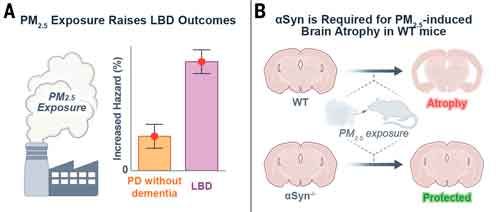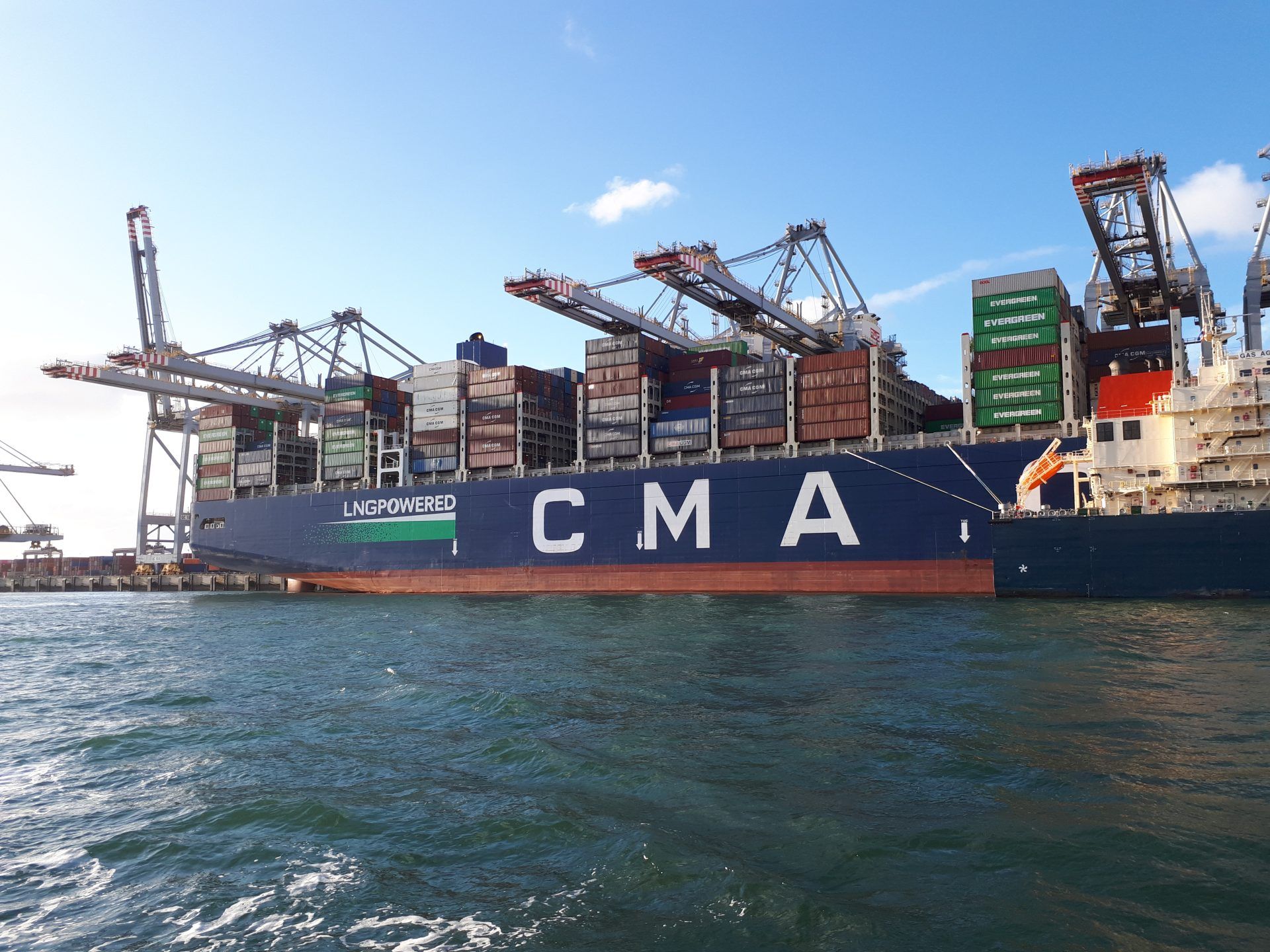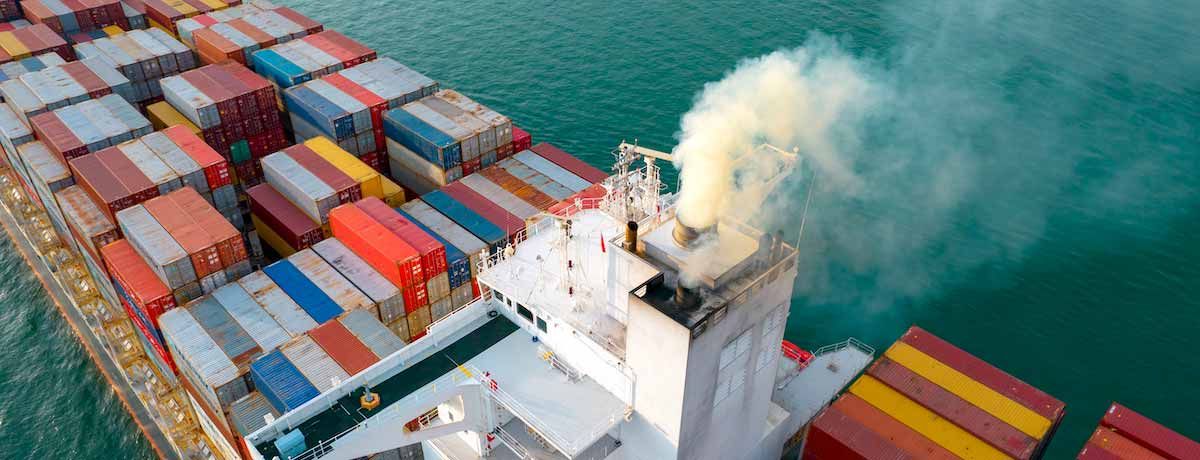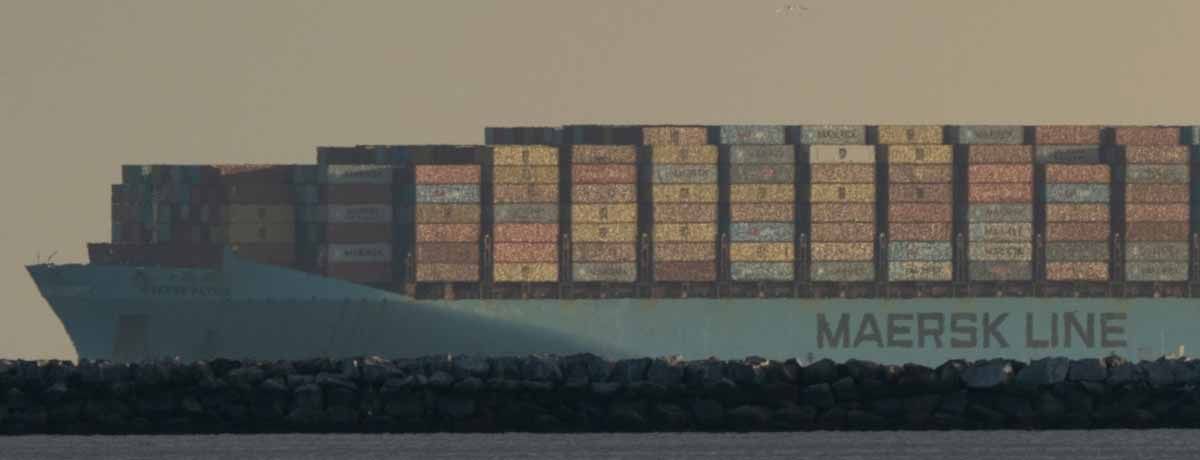Air pollution was recently found to be associated with increased risk of developing dementia. Zhang et al. investigated the relationship between PM2.5, an index of particle pollution, and the development of Lewy body dementia (LBD), the second most common form of dementia. Epidemiological data showed that PM2.5 exposure was associated with an increased risk of developing LBD. In mice, nasal administration of PM2.5 led to brain atrophy due to the accumulation of pathological α-synuclein, loss of dopaminergic neurons in the substantia nigra, and impaired cognition and motor function. The results identify a potential mechanistic link between air pollution and the development of dementia. —Mattia Maroso.
Structured Abstract
INTRODUCTION
Lewy body dementia (LBD), comprising dementia...
Health impacts of diesel vehicles suspected of using prohibited defeat devices in the EU and UK
Road transport emissions
Road transport is a major source of air pollution and associated health impacts as a leading source of nitrogen oxide (NOX) emissions — particularly in densely populated areas. NOX emissions also increase the levels of nitrogen dioxide (NO2) and particulate matter (PM2.5) in the atmosphere. These transport-induced changes in pollutant concentrations have a dramatic impact on public health. Emissions from this activity are close to the ground and often in densely populated regions.read more
Trophée innov OCEAMM Port du Futur 2024, Interview de Jean-Pierre RAVIX.
Trophée-innov OCEAMM Port du Futur 2024Interview de Jean-Pierre RAVIX.
Air pollution greatest global threat to human health, says benchmark study
Washington (AFP) – Air pollution is more dangerous to the health of the average person on planet Earth than smoking or alcohol, with the threat worsening in its global epicenter South Asia even as China fast improves, a study showed Tuesday.
Yet the level of funding set aside to confront the challenge is a fraction of the amount earmarked for fighting infectious diseases, said the research from the Energy Policy Institute at the University of Chicago (EPIC).
Its annual Air Quality Life Index (AQLI) report showed that fine particulate air pollution -- which comes from vehicle and industrial emissions, wildfires and more -- remains the "greatest external threat to public health."
If the world were to permanently reduce these pollutants to meet the World Health Organization's (WHO)...
Relation between PM2.5 pollution and Covid-19 mortality in Western Europe for the 2020–2022 period
The ambient air pollution by particulate matter (PM) has strong negative effects on human health. Recent studies have found correlations between pollution and mortality due to Covid-19. We present here an analysis of such correlation for 32 locations in 6 countries of the Western Europe (France, Germany, Italy, Netherlands, Spain, United Kingdom), for the 2020–2022 period. The data are weekly averaged, and the mortality values were normalized considering the population of the locations. A correlation is qualitatively found for the time-series of PM2.5 pollution and Covid-19 mortality. The higher mortality values occurred during the pollutions peaks, as presented for the city of Paris (France) and the Lombardy regions (Italia), one of the more polluted locations in Western...
Quarter of EU shipping will run on LNG by 2030 locking in fossil fuels for decades
EU policies to clean up shipping will lead to replacement of conventional marine fuels with fossil liquid natural gas (LNG), with little benefit to the climate.
A quarter of Europe’s shipping will be fossil gas-powered by 2030 as misguided EU sustainability targets encourage an uptake of LNG, a new Transport & Environment study shows. This will lock-in fossil fuel use for decades while bringing limited benefits to the climate, says T&E.
Cleaner fuels for ships provide public health benefits with climate tradeoffs
We evaluate public health and climate impacts of low-sulphur fuels in global shipping. Using high-resolution emissions inventories, integrated atmospheric models, and health risk functions, we assess ship-related PM2.5 pollution impacts in 2020 with and without the use of low-sulphur fuels. Cleaner marine fuels will reduce ship-related premature mortality and morbidity by 34 and 54%, respectively, representing a ~ 2.6% global reduction in PM2.5 cardiovascular and lung cancer deaths and a ~3.6% global reduction in childhood asthma. Despite these reductions, low-sulphur marine fuels will still account for ~250k deaths and ~6.4 M childhood asthma cases annually, and more stringent standards beyond 2020 may provide additional health benefits. Lower sulphur fuels also reduce radiative cooling...
Ships
Shipping is responsible for over a tenth of transport CO2 emissons and is a major source of air pollution. Thanks to decades of inaction, its environmental impact is growing. But switching to green fuels offers a cleaner future.
Shipping emits 1,000 Mt CO2 per year, 3% of global CO2 emissions. Its impact is set to increase by up to 120% if other sectors decarbonise successfully and the shipping industry continues to fail to reduce its pollution. The global maritime regulator, the International Maritime Organisation, has repeatedly failed to take action. T&E is the leading environmental organisation in Europe tackling shipping emissions. Shipping also contributes to poor air quality and acid rain. T&E works together with other members of the Clean Shipping Coalition to reduce...
Shipping Urged to Review LNG Use as Methane’s Role in Climate Change is Revealed
By Nick Savvides (The Loadstar)
Members of the Intergovernmental Panel on Climate Change (IPCC), a body of scientists and others from 195 countries, will launch the first of four reports on Monday, which is expected to highlight the growing influence of methane in the warming of the atmosphere.
Methane is a key component of liquefied natural gas (LNG), the supposedly cleaner and more efficient transition fuel many in the shipping industry believe will provide a stepping-stone to zero-emission transport.
It is also being used increasingly as a replacement for land-based power generation as well as for powering large ships.
CMA CGM has ordered 14 LNG-powered vessels, some of which have already been delivered, and Matson, the US Jones Act operator, has also ordered similar ships. While...
Compressed natural gas vehicles are not a clean solution for transport
Review of the latest evidence shows high levels of particle emissions
Some claim that compressed natural gas (CNG) vehicles are a clean, low-emission technology and a solution for Europe’s air pollution crisis. A review of the latest data on particle pollution from CNG cars, vans, buses and trucks dispels these claims and shows the technology emits high levels of toxic pollutants.
Download pdf
Maersk Seeks $150-a-Ton Carbon Tax on Shipping Fuel
The world’s largest container shipping line has called for a $150-a-ton carbon tax on shipping fuel that would drive up the costs for an industry that delivers 80% of world trade.
A.P. Moller-Maersk A/S says such a levy would help bridge the price gap between fossil fuels that vessels consume today and greener alternatives that are currently much more expensive. Fuel costs would effectively almost double if the measure were imposed today because of how carbon dioxide emissions are counted. While such a shift would be challenging for shipowners at large, Maersk’s scale would enable the company to weather such a hike in what constitutes the industry’s single largest expense. Others, notably commodities trading giant Trafigura Group, have already called for such a tax. The issue is set to...
Comparison of the impact of ships to size-segregated particle concentrations in two harbour cities of northern Adriatic Sea
Highlights • High temporal resolution aerosol data were collected in two Adriatic port cities. • Shipping contribution to particle concentration of different sizes was investigated. • Contributions to nanoparticles were significantly larger compared to other sizes. • Relative contributions to nanoparticles were 7.4% in Venice and 1.8% in Rijeka. • Contributions to PM1, PM2.5 and PM10 were about 2% in Venice and <0.2% in Rijeka.
See more








